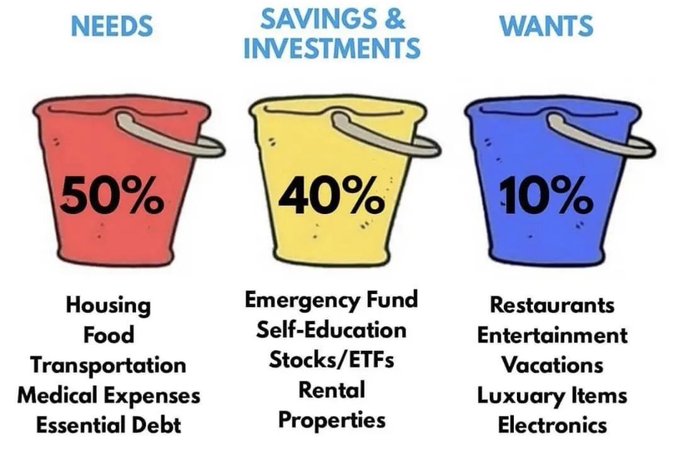
Achieving financial independence requires a disciplined approach to managing your income and investments. One of the most effective strategies to ensure you’re consistently building wealth is to “pay yourself first.” This means setting aside a portion of your salary to be invested and put to work, ensuring your financial future is secure. Here’s how you can implement this strategy effectively:
Understanding ‘Paying Yourself First’
‘Paying yourself first’ is a simple yet powerful concept. It means prioritizing your financial goals by allocating a portion of your income towards savings and investments before spending on anything else. By treating your investments as non-negotiable expenses, you create a disciplined approach to wealth building.
Steps to Pay Yourself First
- Automate Your Savings and Investments
Setting up automatic transfers from your salary to various investment accounts ensures that you consistently pay yourself first. By automating this process, you remove the temptation to spend the money elsewhere. Consider setting up debit instructions to transfer funds to:
- Shares Account: Invest in a diversified portfolio of stocks to benefit from potential capital appreciation and dividends.
- Money Market Fund: These funds offer liquidity and relatively higher returns compared to traditional savings accounts.
- Savings and Credit Cooperative Organization (SACCO) Accounts: SACCOs often provide attractive interest rates on savings and opportunities for borrowing at lower rates.
- Sinking Fund: A sinking fund helps you save for specific future expenses, such as a vacation, home renovation, or a major purchase.
- Treat Investments Like Monthly Bills
To build a consistent investment habit, treat your investments as essential bills that must be paid every month. This mindset ensures that your financial goals are prioritized alongside other necessary expenses like rent, utilities, and groceries. By doing so, you create a stable and predictable pattern of saving and investing.
- Determine the Right Percentage
Decide on a fixed percentage of your salary to allocate towards investments. Financial experts often recommend saving at least 20% of your income. However, the exact percentage can vary based on your financial goals, obligations, and income level. The key is to choose an amount that is sustainable and aligns with your long-term objectives.
- Review and Adjust Regularly
Regularly review your financial situation and investment progress. As your income increases, consider raising the percentage of your salary that you allocate towards investments. Similarly, reassess your investment strategy periodically to ensure it remains aligned with your financial goals and risk tolerance.
Benefits of Paying Yourself First
- Consistent Wealth Building: By prioritizing your investments, you ensure consistent contributions towards your financial goals, leading to steady wealth accumulation.
- Reduced Financial Stress: Automating your savings and investments simplifies financial management and reduces stress, knowing that your future is being secured.
- Enhanced Financial Discipline: Treating investments as mandatory expenses instills financial discipline, helping you avoid unnecessary spending and stay focused on your goals.
- Compounding Growth: Regular investments take advantage of compounding growth, where your money earns returns on both the initial principal and the accumulated interest over time.
Conclusion
Paying yourself first is a proactive and disciplined approach to financial independence. By setting up automatic transfers and treating your investments like essential bills, you can consistently build wealth and secure your financial future. Remember, the key to successful investing is consistency and discipline. Start today, and watch your financial well-being grow steadily over time.




